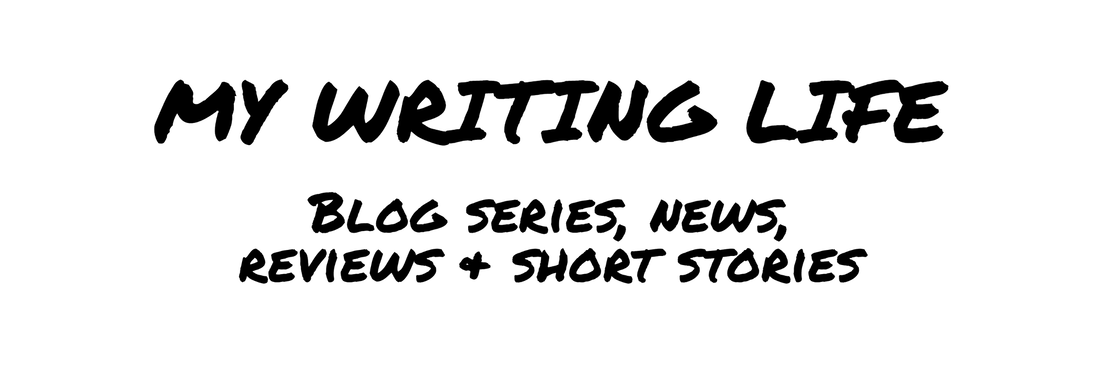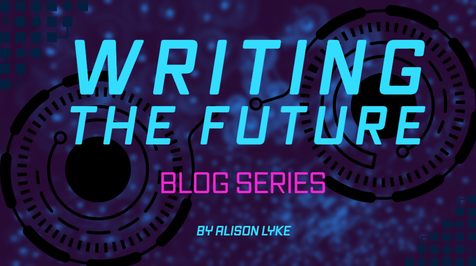|
This is the #2 post in blog series on writing speculative science fiction. It’s from a workshop I conducted at Writers & Books in February 2020. This idea of social commentary instead of simple forecasting means the level of accuracy in science fiction isn’t as important as the philosophical content. Just as technology itself is inert, it’s how we use the technology – or how we use the speculation - that matters. Consider Margret Atwood – the mother of all speculation and her commentary on the religious and societal subjection of women. The elements of The Handmaid’s Tale include women forced to cover their bodies and the subservience of females in the name of religion. Neither of those concepts are new, in fact, they are part of some of the oldest tenants of society. What makes The Handmaid’s Tale speculative is it takes something happening currently and pushes it forward, more and more, until it reaches a future extreme. Note that a future extreme path for a scientific breakthrough, technology, or social precept is not the end of it. Atwood’s Gilead is not the end of misogyny; it’s a stage of misogyny, and the situation could get better or worse for the women in Gilead. Don’t be afraid to make drastic predictions when you’re speculating. The future consequences of emerging tech and trends often seem extreme to someone looking forward, while it seems perfectly average to the person living it. The proliferation of automotive use would look radical to someone from the bygone era of horse and buggy. Conversely, someone closely watching the emergence of the combustion engine in the 1800s may have predicted the future widespread use of cars. When you’re consciously immersed in current science, events, and social spheres you can make canny predictions and adroit philosophies. When you practice on your own, you may want to start with predictions of the near future, something that may emerge in ten or twenty years because we don’t have to squint when we're looking at something close by. I could look at the popularity of 15-30 second video sharing apps like Tic-Tock and imagine a future where video snippets are the new preferred mode of communication – a la text messages.
Your prediction doesn’t have to be completely serious, because it’s some percent commentary and some percent prediction. So, for example, we’ve seen that Andy Warhol’s idea that everybody gets 15 minutes of fame has somewhat come true in our age of blogs, YouTube, and social media. So maybe, in the future, everyone’s 15 minutes is mandated and scheduled, in the name of fairness. I might know, from the day I was born, that, for example, at 9am on February 28th, 2022, I will get my 15 minutes in the global spotlight. I get my whole life beforehand to plan how I’m going to use those minutes. Use the comment section to tell me your predictions. Save any predictions you make and use them to write short stories or as part of your sci-fi worldbuilding.
0 Comments
Leave a Reply. |
Alison Lyke
Categories
All
Archives
November 2022
|



 RSS Feed
RSS Feed
